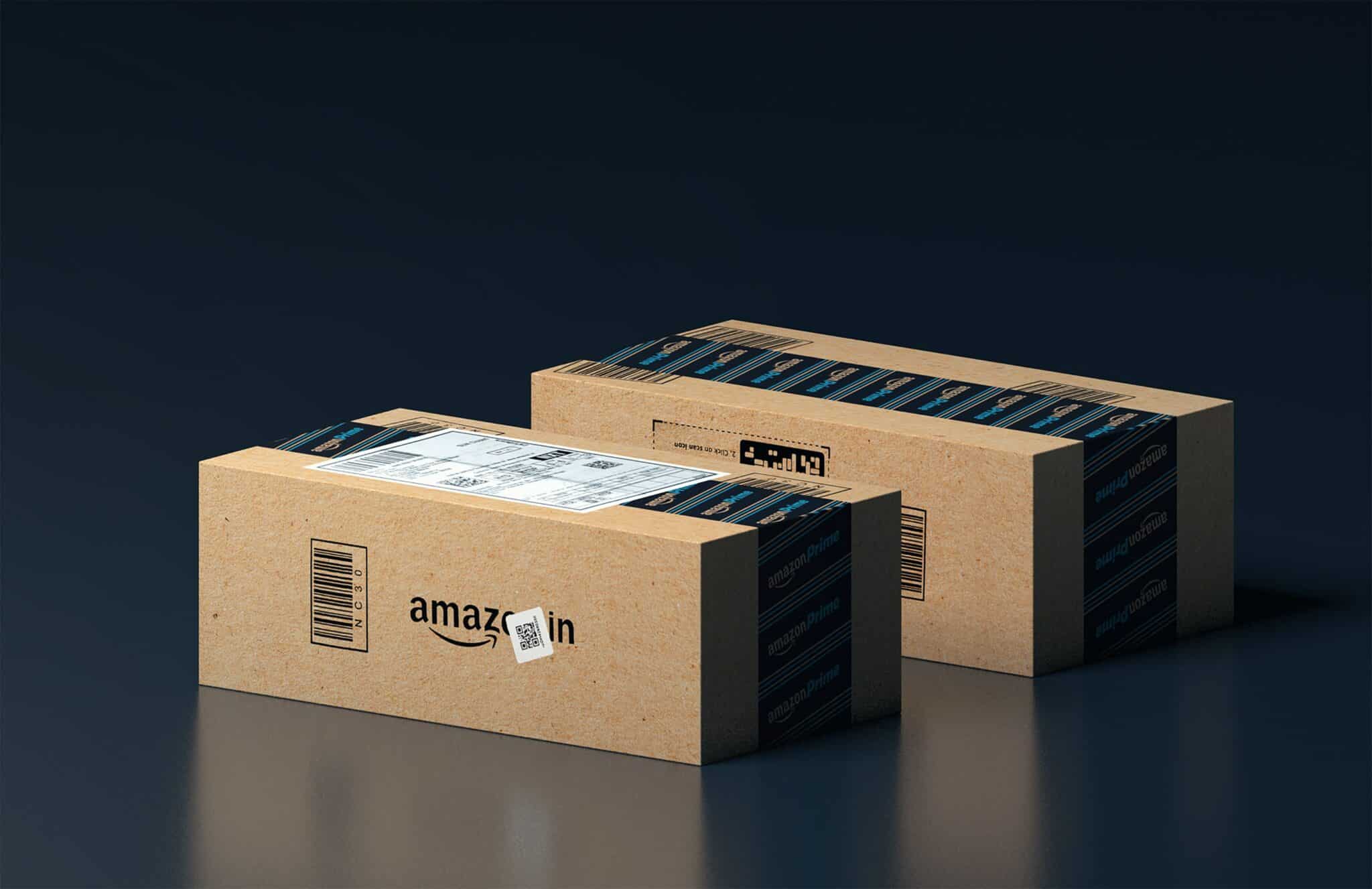
Swap Agrawal is a student at Harvard Law School.
In this weekend’s news and commentary, a Trader Joe’s in Minneapolis became the second unionized store location in the US, and a union ordered a walkout at an Amazon distribution center in Bar Hersfeld, Germany.
On August 12, Trader Joe’s employees at a store in Minneapolis voted 55 to 5 to unionize with Trader Joe’s United, an independent, worker-run union that won the first union election at the grocery chain in Hadley, Massachusetts last month. According to the union, workers at the store want to increase pay and benefits and have a say in safety issues, including harassment by customers. Trader Joe’s could be the next Starbucks, as initial union wins facilitate organizing in stores across the country. “We’ve received messages from Trader Joe’s in every single state that has a Trader Joe’s,” Sarah Beth Ryther, a Minneapolis employee and union spokesperson, said earlier this week. “We’re riding a wave.” A store in Boulder, Colorado could be next. Trader Joe’s has said that it is ready to negotiate with the union. “While we are concerned about how this new rigid legal relationship will impact Trader Joe’s culture, we are prepared to immediately begin discussions with their collective bargaining representative to negotiate a contract,” company spokesperson Nakia Rohde said in an email after the vote. “Trader Joe’s offers all of its crew members, across the country, an industry-leading package of pay, benefits, and flexible working conditions.”
On August 12, the Verdi union ordered a walkout at Amazon’s distribution center in Bad Hersfeld, Germany over the company’s refusal to sign up for the collective labor agreement for the mail-order and retail trade. Germany is Amazon’s second-biggest market after the US, and the company’s workers there are also facing the pain of rising costs of living alongside stagnant wages. Inflation in Germany is at 7.5% and economists expect that number to rise due to high energy costs in the upcoming winter months. Amazon’s employees in Germany have been pushing the tech giant to accept the union’s sectoral bargaining agreement, including through several strikes over the past few months. Most unionized employees in Germany are covered by industry-level collective agreements negotiated between large trade unions and employers’ organizations, although some company-level bargaining agreements do exist. This sectoral bargaining approach allows for greater union density and impact across industries, and support is growing for the US to adopt a similar labor framework.






Daily News & Commentary
Start your day with our roundup of the latest labor developments. See all
July 3
California compromises with unions on housing; 11th Circuit rules against transgender teacher; Harvard removes hundreds from grad student union.
July 2
Block, Nanda, and Nayak argue that the NLRA is under attack, harming democracy; the EEOC files a motion to dismiss a lawsuit brought by former EEOC Commissioner Jocelyn Samuels; and SEIU Local 1000 strikes an agreement with the State of California to delay the state's return-to-office executive order for state workers.
July 1
In today’s news and commentary, the Department of Labor proposes to roll back minimum wage and overtime protections for home care workers, a federal judge dismissed a lawsuit by public defenders over a union’s Gaza statements, and Philadelphia’s largest municipal union is on strike for first time in nearly 40 years. On Monday, the U.S. […]
June 30
Antidiscrimination scholars question McDonnell Douglas, George Washington University Hospital bargained in bad faith, and NY regulators defend LPA dispensary law.
June 29
In today’s news and commentary, Trump v. CASA restricts nationwide injunctions, a preliminary injunction continues to stop DOL from shutting down Job Corps, and the minimum wage is set to rise in multiple cities and states. On Friday, the Supreme Court held in Trump v. CASA that universal injunctions “likely exceed the equitable authority that […]
June 27
Labor's role in Zohran Mamdani's victory; DHS funding amendment aims to expand guest worker programs; COSELL submission deadline rapidly approaching